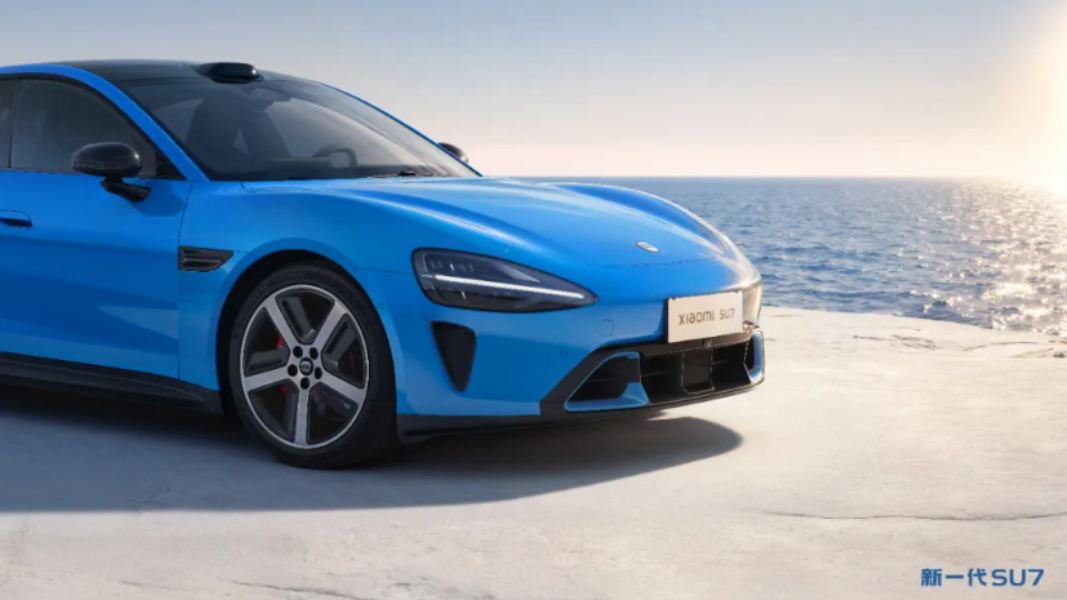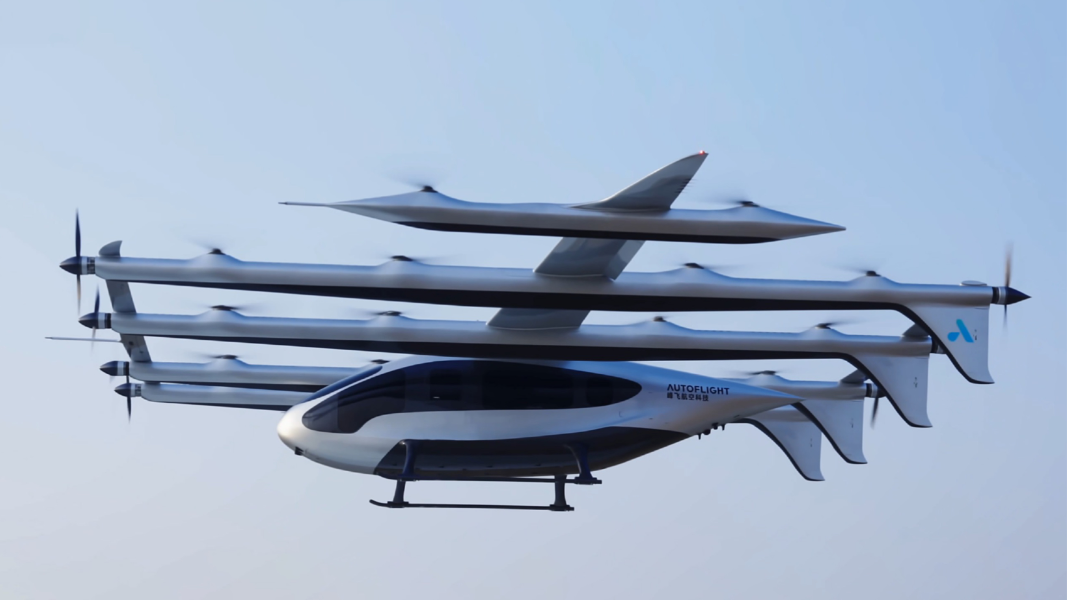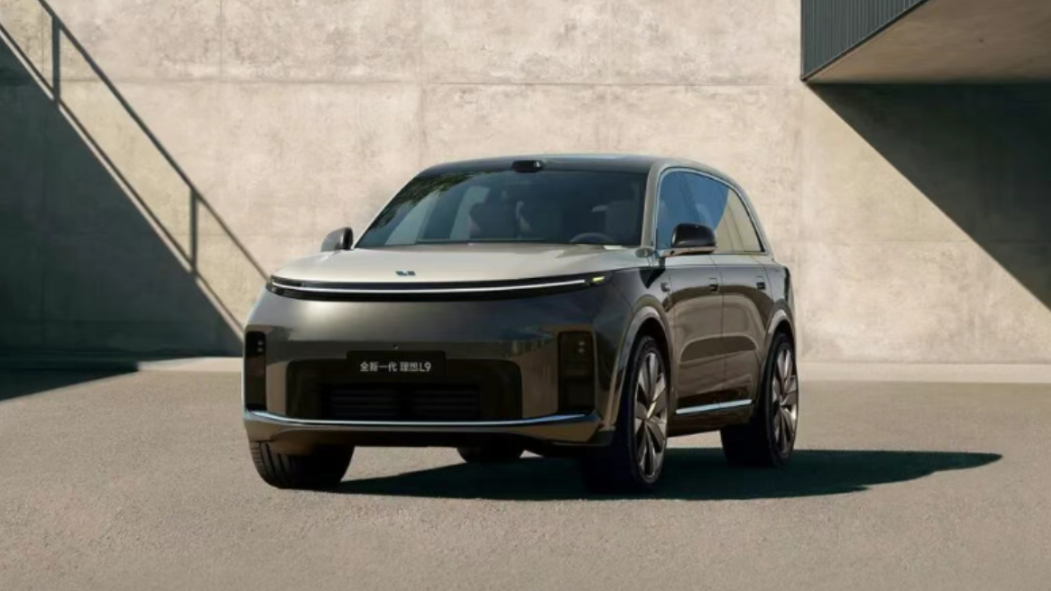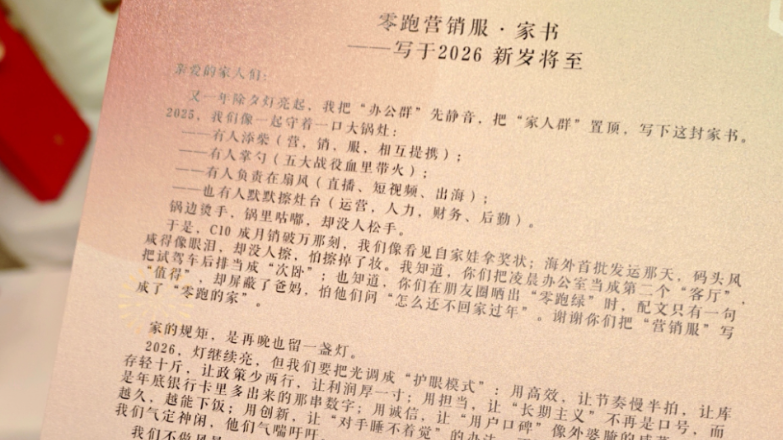Shanghai (Gasgoo)- Automakers are taking the fast lane to an exciting tomorrow. Notably, in China, the world’s largest auto market where “China speed” has been highlighted numerous times, most global carmakers are dashing with all their might to keep abreast of the fast-changing industry.
Among those doers, BMW Group has designed a set of elaborate strategies to follow China's new technology trends in every way and further consolidate its presence there.
Before elucidating the concrete measures, let's see how BMW Group performed in China this year. The sales volume can tell most things.
As of September, 2019, Chinese auto market has faced year-on-year sales drop for 15 consecutive months, but the German auto giant still performed against the general cooling trend with its Jan.-Sept. China deliveries jumping 14.4% from a year ago. It is worth mentioning that the group (including Mini brand) hasn't posted negative growth so far this year.

(Photo source: BMW China)
Due to the robust sales growth and huge market potential, BMW is attaching the greatest-ever importance to China. To further expand market shares, the automaker has prepared for China a long list of new models. For instance, the “X” family has two significant members enter Chinese market—the new BMW X1 and the China-built innovative BMW X2 went on sale together on October 11.
The rising sales performance is the best fruit from BMW's customer-centric services, which generate long-lasting brand attraction to users. The leading advisory service provider J.D. Power conducted a survey about China's new-vehicle intender. The study includes a brand influence score (BIS) which measures familiarity and favorability of automotive brands among intended new-vehicle buyers in China. In 2019, BMW achieved a BIS of 685 (on a 1,000-point scale), ranked highest on the list.
However, the product and brand acceptance is never an eternally unchanged thing. Facing the technology revolution sweeping across China, BMW must spare no effort to push ahead with its all-around strategic transformation.

(Photo source: BMW Group)
Therefore, the automaker came up with the dedicated “2+4” China Strategy in a bid to offer Chinese consumers innovative travelling experience. The number “2” stands for its two brands BMW and Mini, whereas the “4” refers to the innovations in the domain of “ACES”. As part of BMW's global strategy, the “ACES” is the acronym of autonomous driving, connectivity, electrification and Services, which are also in tune with what is happening in China's auto industry.
It is BMW's conviction that core technologies of electrification must be firmly grasped by itself, so that the business would be developed at its own will. At its “NEXTGen” event in Munich in June, BMW announced the acceleration of its electrification plans and unveiled a series of EV concepts including the “BMW Vision M NEXT”.
Additionally, the automaker's self-developed eDrive system has evolved to the 5th generation, which features a deep integration of electric motor, transmission and power electronics into single component.

(BMW iX3 Concept, photo source: BMW China)
The latest drive system will play a key role in electrification over BMW's entire lineup. Featuring fifth-generation eDrive technology, the BMW iX3's electric motor and battery cell technology will have a range over 400 kilometers and possible compatibility to DC charging stations with a capacity of 150 kW. Besides, the BMW i4 and the BMW iNEXT, which are also included in BMW's next-generation electric range, come with the fifth-generation technology as well and deliver locally emission-free driving pleasure for over 600 kilometers.
The new BMW iX3 is scheduled for China's local production in 2020 at Shenyang, Liaoning Province, serving consumers in both China and overseas markets afterwards.
On the other hand, BMW's belief in a long-term co-existence of multiple powertrains also acts on its facility construction. A flexible production platform is very crucial to satisfy various market demands.

(Photo source: BMW Brilliance)
Hence, the automaker is expanding and revamping the plants at Shenyang, which will have more flexible assembly lines that support mixed-model production of BEVs, PHEVs and traditional fuel-powered vehicles.
Along with the product, BMW's overall deployment in China’s NEV market is being ripened, covering such areas as R&D, battery production, innovative technologies, branding, charging network and mobility service.
The charging infrastructure to a large degree decides how far a NEV can reach. BMW is said to build a total of 100,000 charging piles across China by the end of 2019. As of March, 2019, around 25,000 DC charging piles had been set up to offer fast-charging service to the new BMW i3 users.
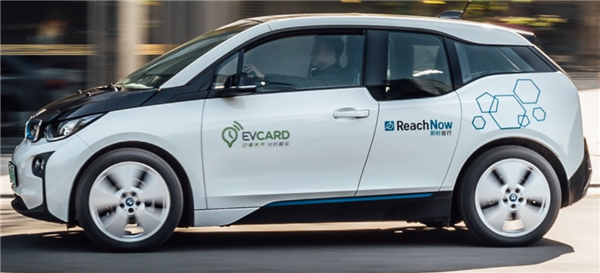
(Photo source: ReachNow)
The German luxury carmaker also gains a head start in mobility service. Under the premium mobility brand “ReachNow”, BMW provides two types of mobility services—ride-hailing and hourly car rental. In last December, the group announced the launch of its ride-hailing service in Chengdu, the capital of China's Sichuan Province, with a fleet of 200 BMW 5 Series, including PHEVs and fuel-burning vehicles, deployed at the same time.
What's more, BMW, in partnership with EVCARD, a Shanghai-based electric car-sharing company under Global Car-Sharing & Rental Co. Ltd., launched in late 2017 its hourly car rental service in Chengdu to offer station-based premium electric car-sharing, the debut of ReachNow in Asia.
BMW's electrification strategy has to date gained some fruits in China. Last year, the group outperformed rivals with over 23,000 NEVs sold across the country. In the future, it will further strengthen the electrification onslaught there with more competitive products to be launched.
As same as electrification, autonomous driving is also regarded as the next wave in vehicle transport. In China, where self-driving market is mushrooming, BMW executes the “A” logic by building a widespread “circle of friends”.

(Photo source: BMW Group)
In July, 2019 alone, the automaker agreed to begin or step up cooperation with three China-based companies—China Unicom, Tencent and NavInfo—on autonomous driving-related businesses.
The three partnerships are really significant to BMW's future offensive. The 5G collaboration with China Unicom, a Chinese state-owned telecommunications service operator, would pave the way for the automaker's inroads to the 5G era. Under the agreement signed with Tencent, both parties would team up to launch a high-performance data-driven development platform, on which BMW plans to develop technologies and products more satisfying China's local market demands. NavInfo, the leading location-based service provider in China, would offer BMW its HD map service, one of core technologies to autonomous vehicles.
Only two months after, during German Chancellor Angela Merkel's visit to China, BMW inked an MoU with China Academy of Information and Communications Technology (CAICT), as both parties intended to jointly boost the ICV development in China. The collaboration would involve businesses like the autonomous driving data connection, the next-generation wireless communications network, the cooperative smart traffic system, smart city as well as cybersecurity.
Another milestone took place on the same month is that BMW, along with SAIC Motor and DiDi Chuxing, scored China’s first permits from Shanghai regulators to be embraced in the megacity's ICV pilot application project. The issuance of such licenses marks a further step towards monetizing self-driving vehicles in China.

(Photo source: BMW Group)
Among global automakers, BMW is the first one that was given go-ahead to undertake self-driving road tests in China. The permit was offered in May, 2018 by Shanghai government as well. Before long, the group gained another powerful partner, Baidu, after joining the latter’s Apollo open autonomous driving platform. It is going faster than most luxury auto brands in China.
The levels of autonomous driving represent the autonomy of a car and the reduced dependence on driver's active intervention. Currently, new models such as the new BMW 3 Series, the new BMW 7 Series, the new BMW X5 and the innovative BMW X7 have already offered L2 autonomous driving functions.

(Photo source: BMW Group)
BMW is also at the forefront of L3 and L4 technology development. The BMW Vision iNEXT, the automaker's first true autonomous vehicle scheduled for launch in 2021, will then legally provide users with L3 autonomous driving features and be technically supportive of the L4 applications.
The group said it would test fleets of the Vison iNEXT with L4 self-driving features in major markets like China after the volume production of the long-waited model starts.
Furthermore, BMW has set up three R&D hubs in Beijing, Shanghai and Shenyang to shore up its ambitious China-specific strategy.






